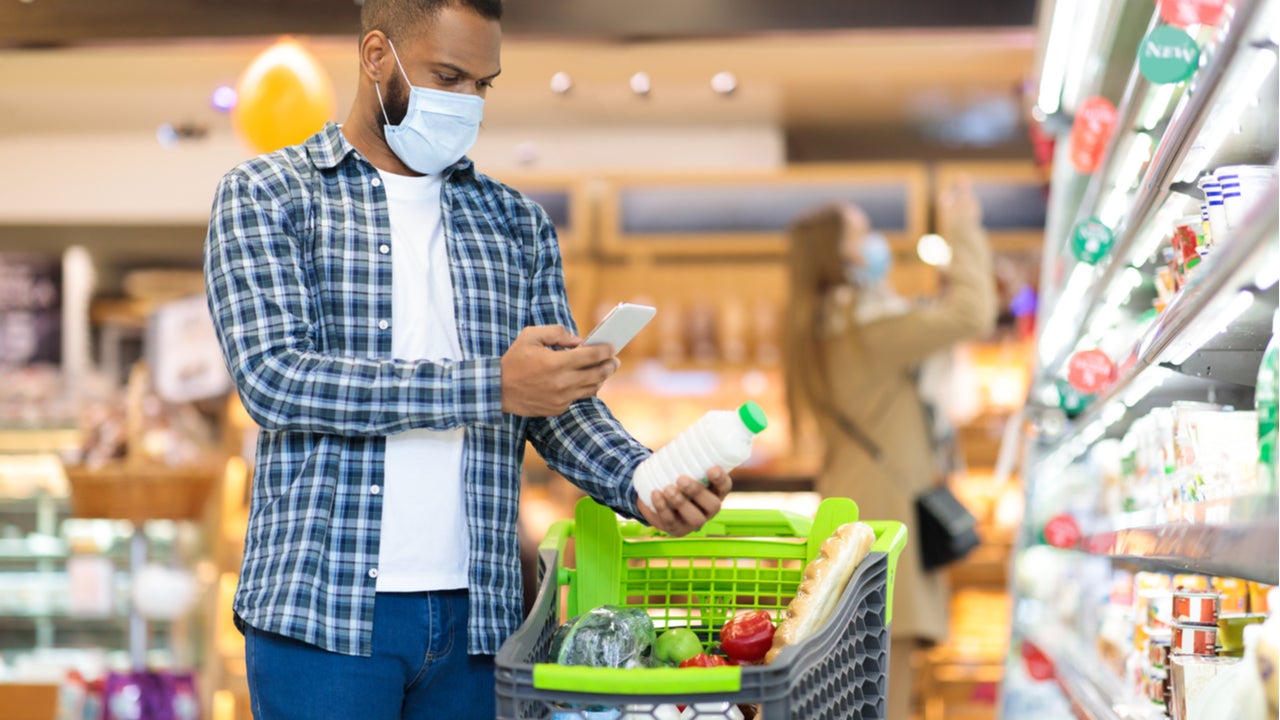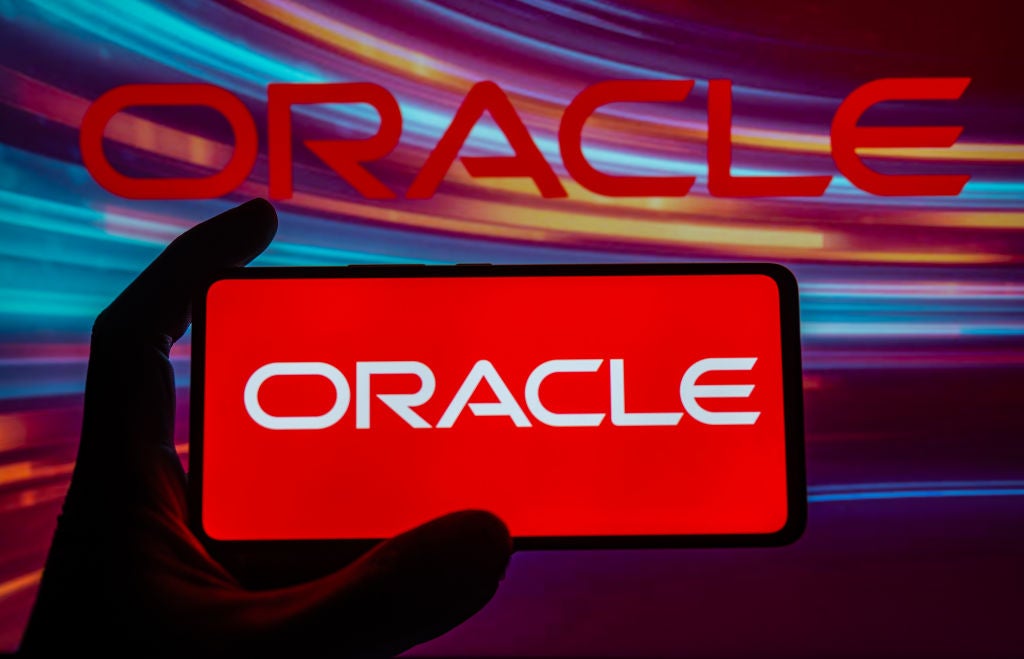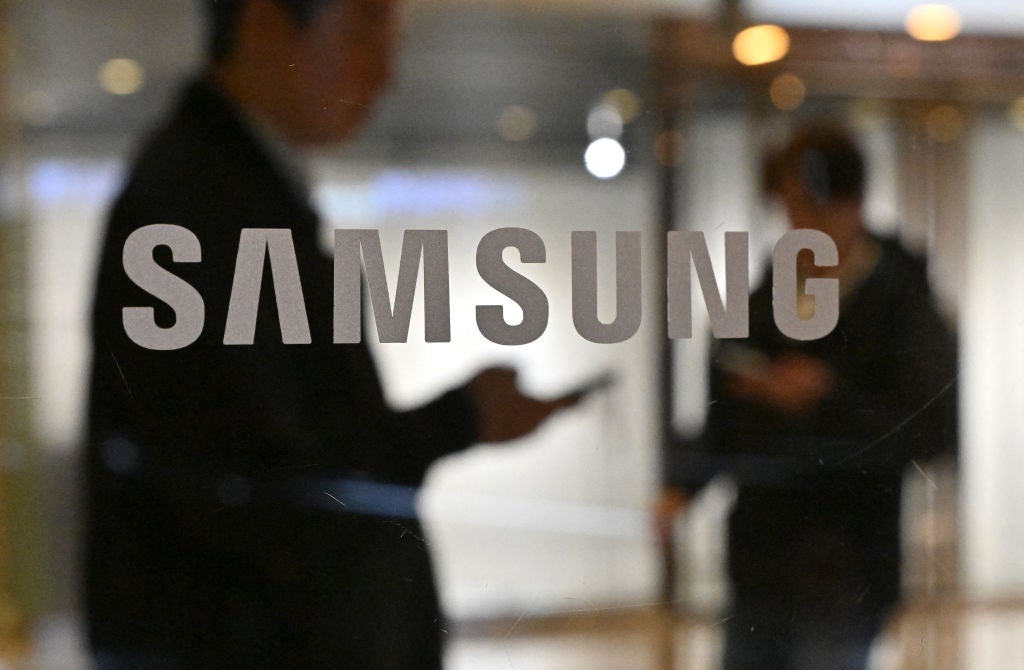
As the Internet of Things (IoT) makes it easier for consumers to access information about food products, producers must ensure and prove that their products are healthy in anticipation of an increasingly demanding consumer base. Consumers have become increasingly health-conscious in the last decade. Since Covid-19, health and wellness has become an even more important driver of purchasing behaviour.
Health and wellness has been one of the main consumer trends of the last few years. The Covid-19 pandemic caused consumers to evaluate their health, exacerbated their desire for health-enhancing products, and shifted purchasing decisions towards buying items offering claims such as “immunity-boosting” or “antibacterial.” Aging populations and better access to information have also contributed to a more health-conscious consumer base. GlobalData’s 2021 Q1 global consumer survey found that 57% of consumers are influenced by health concerns on every single food purchase they make.
Consequently, purchasing decisions have shifted towards buying items that are ‘natural’, ‘plant-based’, ‘immunity-boosting’, ‘anti-inflammatory’, and ‘antibacterial’, among others.
IoT applications will drive consumer information
Technological advances and improved access to information have made consumers more aware of their personal health and wellbeing and how they can maximize their personal wellness. Internet of Things comprises sensors that can detect information and send it on to a central intelligence. Many IoT applications will allow consumers to assert their health demands more forcefully.
It’s likely that consumers browsing in supermarkets will increasingly use their phones or other devices (i.e. augmented reality glasses) that in some way assess the items they browse. These devices will pull data on the healthiness of the items from third-party sources. The health labels on packaging will no longer be the only information consumers can get and attempts at misleading the consumer will fail. Companies must therefore ensure that their products are genuinely healthy, or they will be considered deceptive. Another IoT use case will allow consumers to log health goals and be alerted by their devices when they are about to purchase an unhealthy item. This would weaken impulse purchasing and present new marketing challenges to food manufacturers.
Producers will be able to demonstrate product claims
IoT will also allow producers to monitor their entire value chains. Companies will be able to legitimise claims their products are ‘natural’ or ‘unprocessed’ with new force. For example, food company Barilla has added QR codes to its products which, when scanned, provide information about the products entire journey from farm to shelf. Consumers will come to expect demonstrative proof of such claims. Companies who cannot substantiate such claims, either because they do not have the product or the monitoring capabilities installed in their value chain, will suffer.
How well do you really know your competitors?
Access the most comprehensive Company Profiles on the market, powered by GlobalData. Save hours of research. Gain competitive edge.

Thank you!
Your download email will arrive shortly
Not ready to buy yet? Download a free sample
We are confident about the unique quality of our Company Profiles. However, we want you to make the most beneficial decision for your business, so we offer a free sample that you can download by submitting the below form
By GlobalDataCompanies must anticipate increasingly demanding and knowledgeable consumers. Hiding excessive quantities of sugar, fats, salt, flavourings, and sweeteners with health-positive labelling will no longer be viable. Companies must back up their health claims with scientific evidence and supply chain transparency. IoT can be an opportunity for companies with genuinely healthy products, so long as they install infrastructure that allows them to legitimise their claims to consumers.







